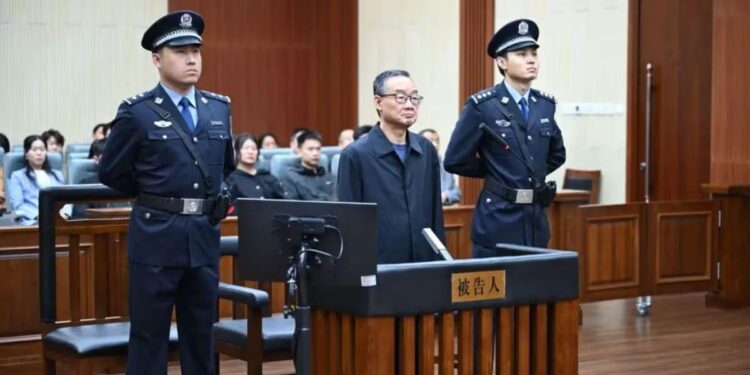In China, being a corrupt minister can literally cost life. The former Minister of Agriculture, Tang Renjian, was sentenced to suspended capital sentence on September 28, 2025 for having diverted tens of millions of yuan. This condemnation is not a first: since 2012, the anti-corruption campaign led by Xi Jinping has struck many senior officials, some ecoled suspended death sentence, others in life prison. Each mediated trial becomes a clear warning: no one is above the law … or the party. Here, public morality is not an option, it is an instrument of power.
In Tunisia, the contrast is striking and dare to say it, almost reassuring. The anti-corruption campaign affects speculators, wholesalers and some former ministers, but the sorrows are limited to prison, fines and the confiscation of assets. No death penalty, no spectacular trials on the big screen. Here, justice strikes, but without spectacle or excess. And frankly, we can estimate this happy: our ministers still sleep quietly.
And yet, the comparison is not limited to the courts. China invests in large -scale Tunisia: companies, infrastructure projects, technologies. Their economic presence influences political decisions, inspires public-private partnerships and even governance methods. A subtle, but very real pressure, which transforms the country’s economic and political landscape, without the population still being aware of the extent of Chinese influence. It’s a bit like importing an economic and diplomatic model, but not its courts … Fortunately for our ministers.
The contrast between Beijing and Tunis is therefore twofold: one strike with a capital sentence suspended and spectacular courts, the other step advanced, juggling between justice, human rights and economic pragmatism. Could Tunisia learn something from China? Certainly. But it is not a question of adopting the death penalty or of transforming ministers into public examples. It is a question of strengthening judicial credibility, ensuring transparency, and building a system where corruption cannot prosper … even under the discreet eye of the Chinese giant.
Here, corruption is not a matter of life or death, but a matter of justice. And in this thoughtful, measured, but determined choice, Tunisia traces its route. With its strengths, its limits, and a suspicion of luck that our ministers continue to sleep quietly.
Read also: Should we fear the Chinese rush in Tunisia?








